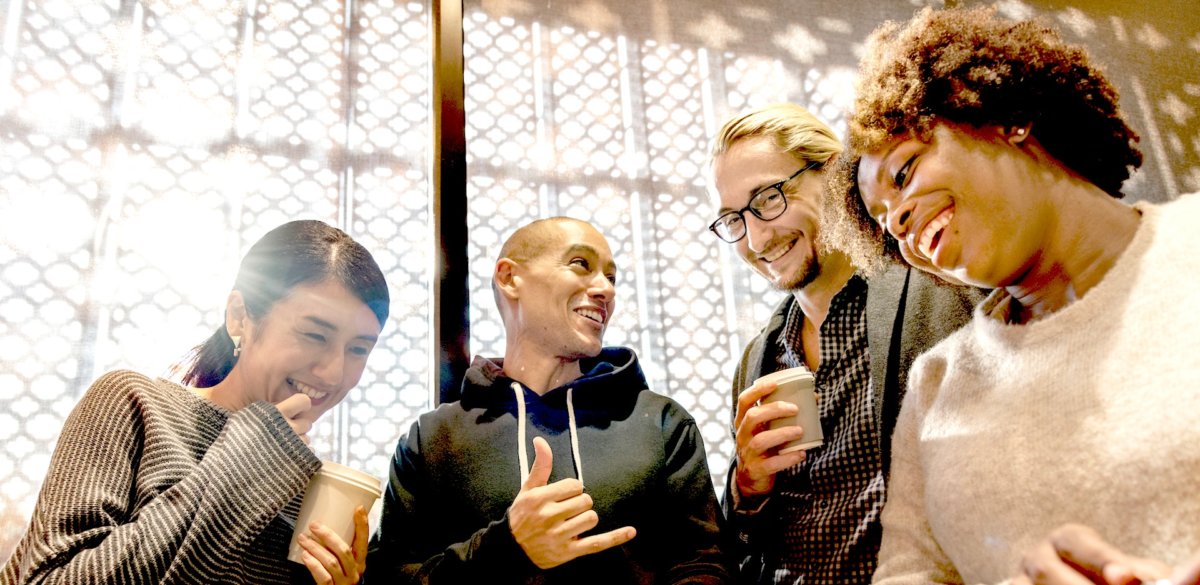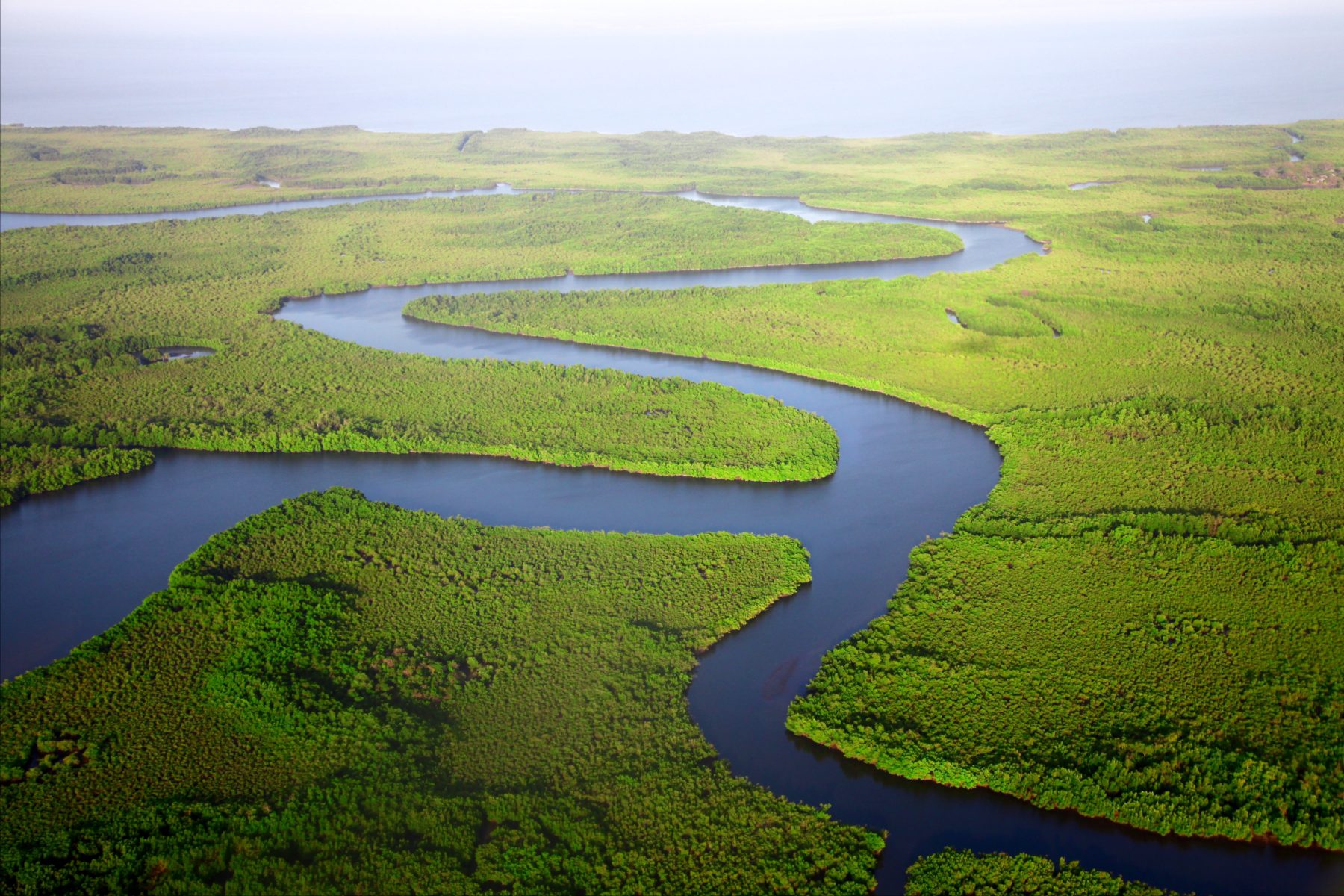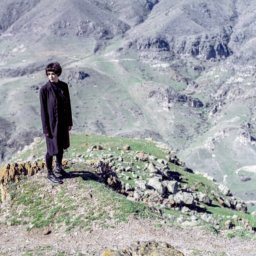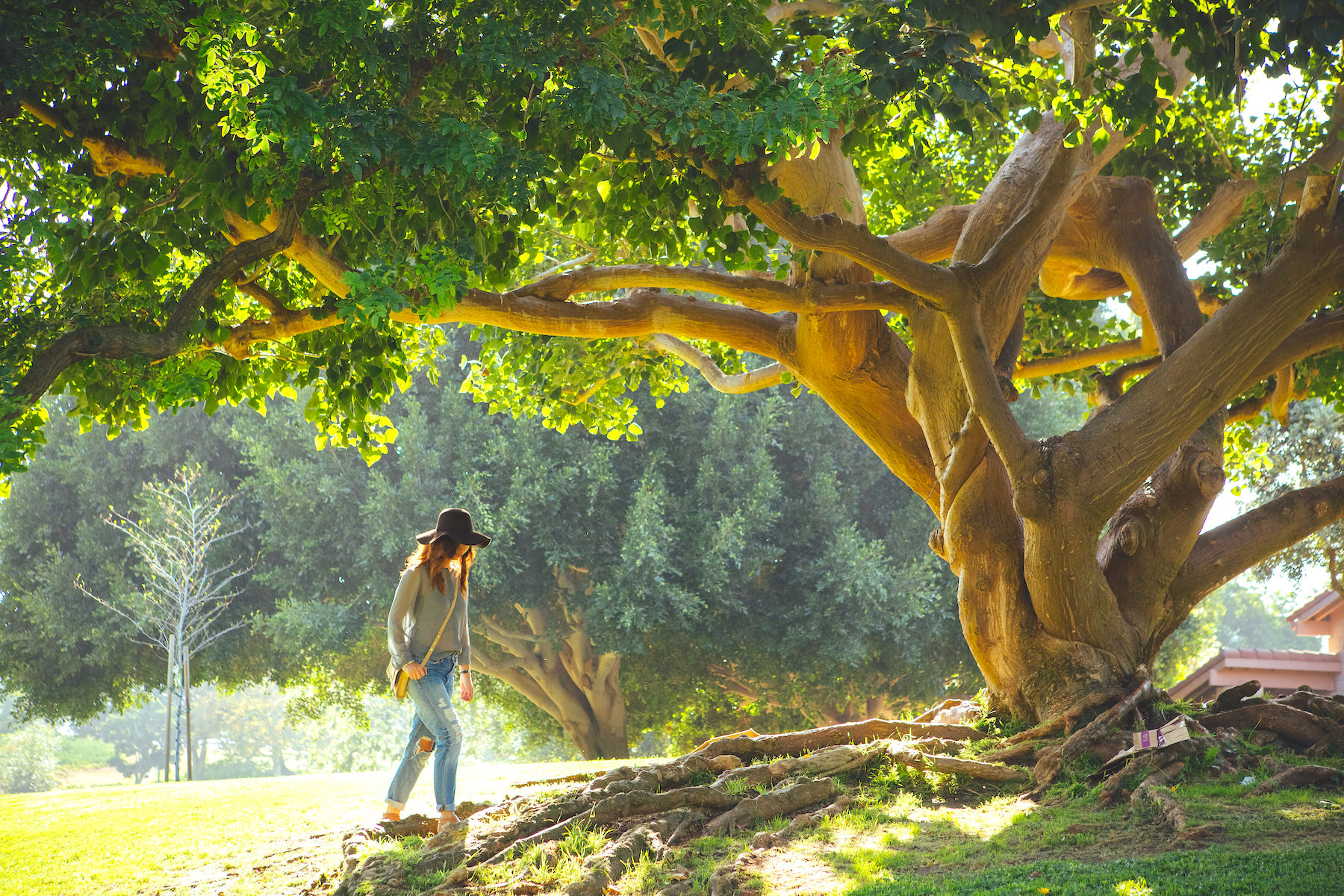Brené Brown makes her magic once again with her book Braving the Wilderness. In her now-familiar conversational style of simple, accessible truth-telling, personal anecdotes interwoven with research findings, she shares insights on the theme of belonging that resonate, provoke, and inspire.

You are only free when you realize you belong no place, you belong every place, no place at all. The price is high, the reward is great.
Maya Angelou
Braving the Wilderness opens with this powerful Maya Angelou quote. It also forms the essence of Brené’s message – true belonging is independent of the camps or communities we are part of, or the views which we hold. We need first to belong to ourselves. From the nest of our being, extend that same welcome to the multiplicity of opinions and personalities different from our own. The self-belonging can then blossom into a belonging to each other and our common humanity.
Like a tree planted by the river, I shall not be moved.
Maya Angelou
One of the images that I will carry with me from Braving the Wilderness comes from another quote Brené shares of her muse Maya Angelou. It is the idea of “not being moved”.
This means to fully commit to being as we are. In our choices, what we wear, and how we act in the world. In this vein, Brené shares anecdotes of her turning down multiple speaking engagements that ask her to hem herself in by not swearing, dressing to suit what the audience might expect or not covering topics that might be controversial.
What I love about this quote is how the tree is rooted and yet not antagonistic in its strength to grow exactly where and how it wishes to. More often than not, the assertion of our identity and choices come with forcefulness. While this may have its place at times, the potency of quiet power is compelling.
True belonging is the spiritual practice of believing in and belonging to yourself so deeply that you can share your most authentic self with the world and find sacredness in being a part of something and standing alone in the wilderness. True belonging requires you to be who you are.
Brené Brown, Braving the Wilderness

A book like this on belonging seems particularly apt in these times of heightened divisiveness, where we self-select the stories and experiences that resonate with our own, and dance around topics that might be provocative in our attempt not to offend.
Speaking to this, Brené talks about how true belonging is not a passive being with others just like ourselves. Instead, it is an active practice that requires us to be present with people, especially those who challenge our views, and potentially having uncomfortable conversations. True belonging thus requires us to have the courage to stand alone, in the unpredictable wilderness of that in-between space where all perspectives can co-exist without negating our own.
What enables this process of recognizing our shared humanity is the creation of a sacred container, within which bold conversations of authenticity can take place. Brené shares the acronym of B-R-A-V-I-N-G to describe the qualities necessary for establishing this container of trust in relationships, with ourselves or with others. These seven words have since become a mental checklist whenever I am in conversation. Already it feels like it will nourish my relationships if I keep to it as an ongoing practice.
The seven letters stand for:
B – respecting boundaries
R – reliability to deliver on commitments
A – apologize and own mistakes
V – being a vault in keeping secrets safe
I – integrity in choosing what is right
N – non-judgment about how we each feel and what we each need
G – generosity in allowing for the kindest interpretation of what has been said.
Brené invites us to take BRAVING out into the world around us, especially in contexts that have become increasingly fragmented and on topics such as politics. We sort people reflexively, thinking this makes it easier for us to build bonds amongst those like us. In doing so we then disregard the complexity of how people and issues are.
Research has shown that as social creatures, our genetic make-up is wired to thrive on interdependence rather than independence and solitude. Focusing on the distance between our views with another’s immerses us in the territory of loneliness. As we turn inward fearing further conflict or vulnerability, we become even more afraid to reach out for connection. Loneliness fuels continued loneliness. Remaining behind the barricades of self-preservation may seem safer, but it deepens the division between us.
Braving the Wilderness leaves me with a much greater awareness of how I show up in the world, and the choices that I can and must make in every moment. Speak my intention in conversation, remaining in the present and looking out towards a shared future with whoever I am with. Be part of and hold space for collective effervescence so that I am restored by the powerful spirit of our shared humanity. Move through the world with “a strong back, soft front, and wild heart” that honours who I am, fully feeling all uncomfortable emotions rather than projecting outwards or armouring my heart. Sit with an allowance of the paradoxes of life, both the pain and the joy. Remember that true belonging is here, wherever I am and whoever I am with.















